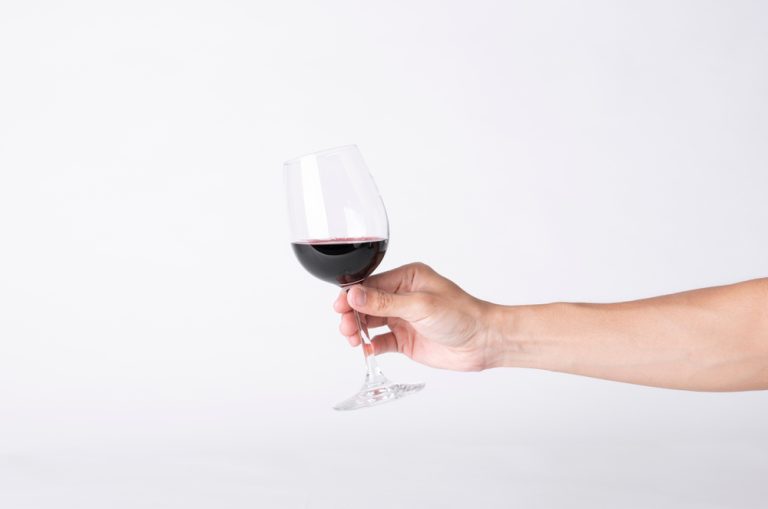You may be treated as a resident in a special recovery center (inpatient), or you may attend a program while you live at home (outpatient). If you find yourself battling with alcohol cravings, and often giving into these cravings by picking up a drink, you may be well on your way to developing a physical dependency on alcohol. A more specific and formal definition of alcohol abuse can be formulated using the Diagnostic and Statistical Manual, 4th Edition, of the American Psychiatric Association, (DSM-IV, 1994). If you drink regularly, alcohol changes the way your liver works, your brain function and creates dependence – meaning you need to drink more to have the same effect. If you find that you ‘need’ to share a bottle of wine with your partner most nights of the week, or always go for a few pints after work just to unwind, you’re likely to be drinking at a level that could affect your long-term health. Even if you don’t recognise the symptoms above, there are varying degrees of alcohol dependence.

In the United States, about 18 million people have been diagnosed with an alcohol abuse disorder. Research has shown that more than 70% of people who develop alcohol dependence experience physical dependence that lasts on average 3 – 4 years. Long-term drug or alcohol use leads to a state of physical dependence, where your body’s cells can’t seem to function normally without https://g-markets.net/sober-living/facts-about-aging-and-alcohol-national-institute/ that substance. However, over time, a physical state of tolerance means your body needs more drugs or alcohol to feel their effects. Hence there is strong reason to conclude that a person who experienced repeated or prolonged trauma during their childhood (and hence is likely codependent) is at greater risk of developing drug/alcohol abuse or dependence in adulthood.
Conditions
The connection between alcohol consumption and your digestive system might not seem immediately clear. Slurred speech, a key sign of intoxication, happens because alcohol reduces communication between your brain and body. This makes speech and coordination — think reaction time and balance — more difficult. But more recent research suggests there’s really no “safe” amount of alcohol since even moderate drinking can negatively impact brain health.
Psychological Addiction: Meaning, Symptoms, Treatment – Healthline
Psychological Addiction: Meaning, Symptoms, Treatment.
Posted: Thu, 28 May 2020 07:00:00 GMT [source]
This approach allows you to focus solely on your recovery without outside distractions. Moreover, you’ll have access to therapy, support 4 Ways to Make Amends in Recovery groups, and medical care during your stay. Another enzyme, aldehyde dehydrogenase (ALDH), converts acetaldehyde into acetate.
Studying Alcohol Relapse Behavior
Working with a health care professional will allow you to explore the options to treat your addiction. The National Center for Drug Abuse Statistics says more than 20 million people over the age of 12 in the United States have substance use disorder. Most commonly, the cases are related to marijuana and prescription pain relievers. Addiction is considered “highly treatable.” But it can take a few tries for the therapy to be fully effective.
- “In addition, alcohol can depress the levels of mood regulating neurotransmitters in the brain, such as serotonin and norepinephrine,” he adds.
- Excessive alcohol use and early alcohol withdrawal can both cause tremors, also known as “the shakes” or “alcohol shakes.” The shakes can affect any part of the body but are very common in the arms, hands, and fingers.
- Long-term drug or alcohol use leads to a state of physical dependence, where your body’s cells can’t seem to function normally without that substance.
- As a result, it is recommended that anyone seeking to detox from alcohol consult a medical professional first.
- The psychological component of addiction does not refer to the effects alcohol has on one’s mental state, such as disordered thinking.
- Or, maybe you prefer energy drinks, but only when you have a big day coming up.
